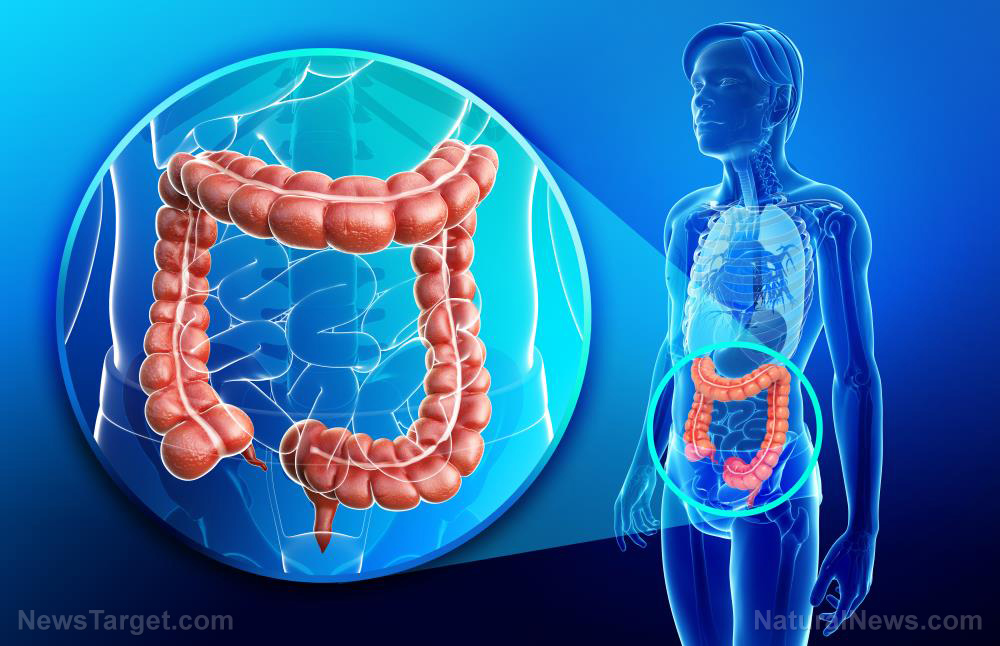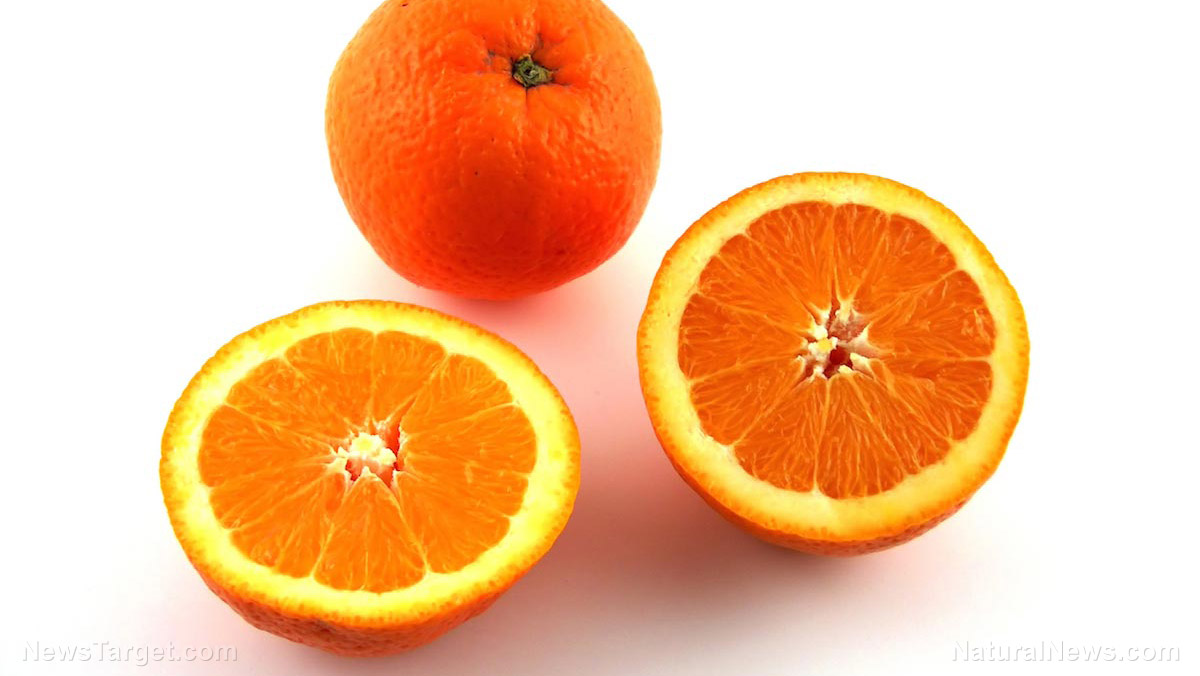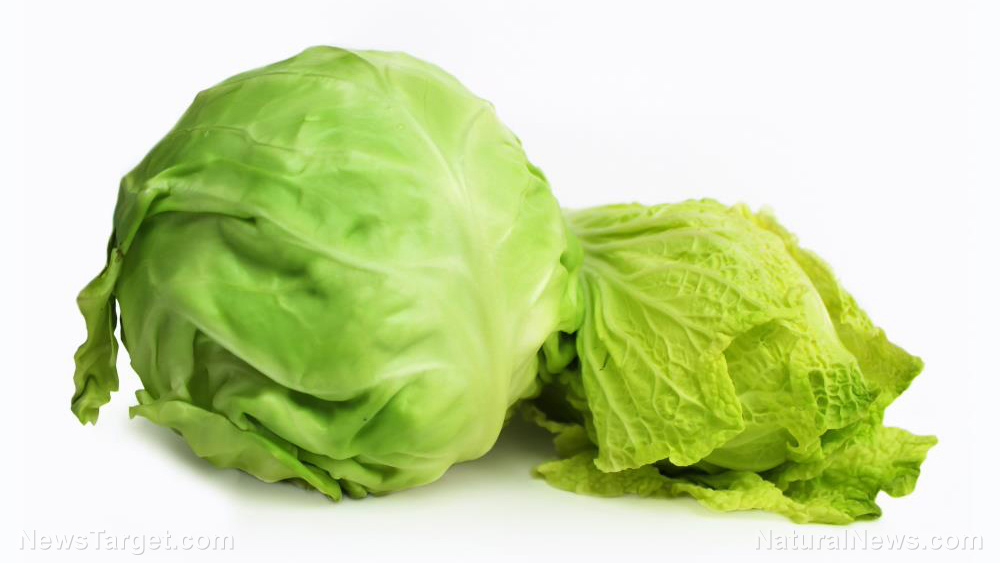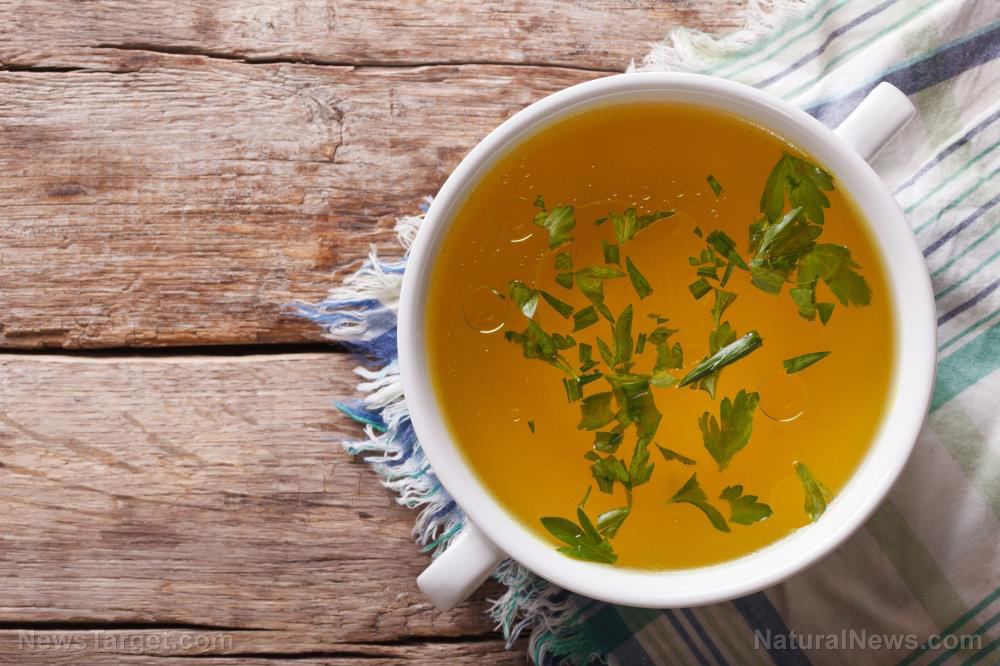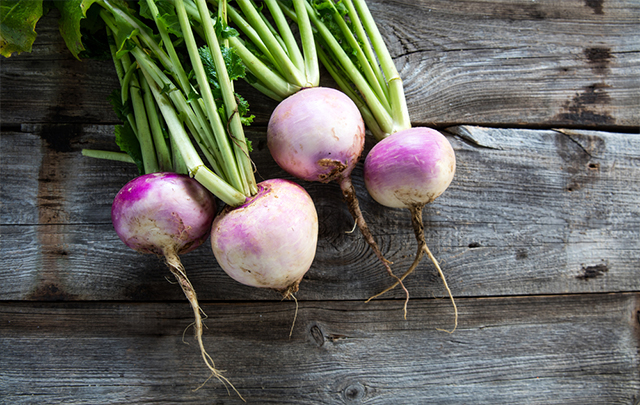Keep your gut healthy and clean by avoiding these 4 types of food
08/17/2020 / By Divina Ramirez

Good gut health has far-reaching benefits for human health, from better digestion to a stronger immune response to infection and disease. Therefore, a balanced diet ought to include foods that promote optimal gut health, such as those rich in fiber and probiotics.
But just as there are good foods for gut health, so too are there bad ones. Vincent Pedre, a certified practitioner of functional medicine and the founder of Pedre Integrative Health, explains that certain foods have a stronger, negative impact on gut health than others.
In fact, a lot of the foods considered bad for gut health are staples that people eat as part of their usual diets. Therefore, it’s important to take note of the foods that one eats on a regular basis as certain foods can take a toll on the gut and on other organs, he adds.
Foods that can harm the gut
There are tons of foods that are considered bad for the gut, but nutritionists might group them into four general classifications: animal protein, high FODMAP foods, foods containing antibiotics and fried foods.
Read on for a closer look at their effects on the gut and other potential risks and consequences related to their consumption:
Animal protein
Meat and animal products like eggs and milk are often the go-to sources of protein, a macronutrient essential for important cellular and metabolic processes. These foods also offer other nutrients, including choline, an essential nutrient for brain health.
But recent studies find that people eating high amounts of animal protein are at a greater risk of suffering harmful changes in their gut microbiome.
In 2017, for instance, scientists found that a diet rich in animal protein and fat led to a significant decrease in the numbers of total beneficial bacteria in the gut. This has the effect of making the gut susceptible to chronic inflammation and oxidative stress.
In an earlier study, Italian researchers compared the gut bacteria of children raised in a rural area in Africa to those of Italian children. The African group consumed high-fiber diets and plant proteins. The researchers found that this group had more good gut bacteria and a reduced risk of inflammation in their guts.
The Italian group, on the other hand, ate more meat and, as such, had more bacteria in their guts linked to inflammation and disease.
High FODMAP foods
FODMAP stands for fermentable oligosaccharides, disaccharides, monosaccharides and polyols. These are the scientific terms used for identifying carbohydrates notorious for triggering the onset of gastrointestinal conditions, such as bloating, intestinal gas, indigestion and abdominal pain.
FODMAPs can be found in a number of foods, including those often consumed as part of a typical, unhealthy diet. High FODMAP foods include processed fruit juices, condiments, jams, relish, milk, baked beans, and foods rich in high-fructose corn syrup (HFCS), an artificial sugar linked to numerous health risks.
That being said, take note that a lot of nutritious foods like figs, yogurt, lentils and chickpeas, among others, are also considered high FODMAP foods. Those suffering from chronic gut problems might need to consult a healthcare professional to determine the exact foods behind their ailments instead of just cutting back on all high FODMAP foods altogether.
Foods containing antibiotics
It’s common practice among commercial livestock farmers to add antibiotics to animal feeds. In most cases, this is done to reduce the risk of animals contracting serious infections from parasites, viruses, bacteria and other harmful biological agents.
That being said, the use of antibiotics is a controversial topic. In fact, there are strict regulations in place in a number of European countries to curb this practice. Studies found that exposure to antibiotics from contaminated meat and animal products can promote antibiotic resistance.
In the gut, antibiotics can kill beneficial bacteria, thus causing gut imbalance and raising the risk of gastrointestinal problems.
Fried foods
Fried foods are chock-full of saturated and trans fats that can irritate the gut. These fats harm good gut bacteria but stimulate the proliferation of bad bacteria, thus resulting in an imbalanced gut. (Related: Fried foods, especially overcooked potatoes, dramatically increase cancer risk.)
Maintaining good gut health is not just about eating fermented foods or adopting a high-fiber diet. It is also about avoiding harmful ones. Steer clear of the foods on this list to keep the gut clean and balanced.
Read more articles about bad and harmful foods for gut health at StopEatingPoison.com.
Sources include:
Tagged Under: antibiotics, artificial sweeteners, FODMAP, food poisoning, fried food, gastrointestinal disorders, gut health, HFCS, saturated fats, toxic ingredients, trans fats
RECENT NEWS & ARTICLES
Digestion.News is a fact-based public education website published by Digestion News Features, LLC.
All content copyright © 2018 by Digestion News Features, LLC.
Contact Us with Tips or Corrections
All trademarks, registered trademarks and servicemarks mentioned on this site are the property of their respective owners.




